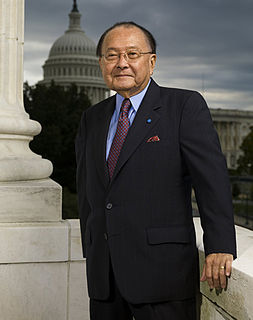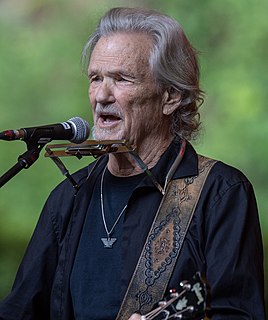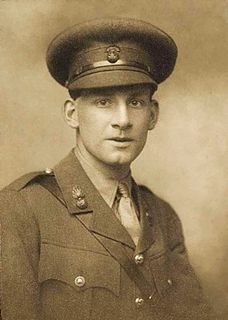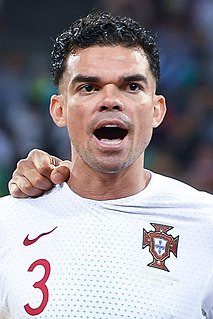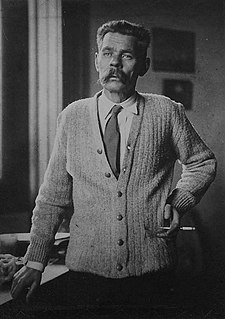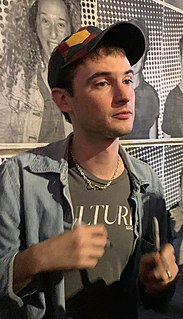A Quote by Daniel Inouye
I've always felt that if I am deserving of the Medal of Honor, there are many, many others who are. I felt a little bad receiving it, so I received it on behalf of the fellows, because there's no such thing as a single-handed war. There's always a support group, and if you didn't have people who supported you, you couldn't fight a war.
Related Quotes
They said we were soft, that we would not fight, that we could not win. We are not a warlike nation. We do not go to war for gain or for territory; we go to war for principles, and we produce young men like these. I think I told every one of them that I would rather have that medal, the Congressional Medal of Honor, than to be President of the United States.
I am making this statement as an act of wilful defiance of military authority, because I believe that the War is being deliberately prolonged by those who have the power to end it. I am a soldier, convinced that I am acting on behalf of soldiers. I believe that this War, on which I entered as a war of defence and liberation, has now become a war of aggression and conquest.
In one sense, I have always felt glad to have had the war [World War II] in my childhood, because, as a result, nothing that has happened in the world since then has ever seemed quite so bad. On the other hand, I never entirely got over my feeling of being cheated when the promised era of peace in a wonderful "post-war world" failed to materialize. I could not understand how, after all that, people could ever even think of fighting again. And I still can't.
I didn't feel that so much as an outsider when I started writing; I've felt that way all my life. I don't know, man; I guess I was just wired wrong. When I was growing up, I always wanted to be somebody else and live somewhere else. I've always felt a little uncomfortable around people. And I'm not trying to romanticize this, because it wasn't romantic. I wasn't trying to be a rebel; I just always felt a little out of it. I think that's why it's pretty easy for me to identify with people living on the margins.
All through first and second and third hour, Eleanor rubbed her palm. Nothing happened. How could it be possible that there were that many never ending all in one place? And were they always there, or did they just flip on wherever they felt like it? Because, if they were always there, how did she manage to turn doorknobs without fainting? Maybe this was why so many people said it felt better to drive a stick shift.
I am not a capitalist soldier; I am a proletarian revolutionist. I do not belong to the regular army of the plutocracy, but to the irregular army of the people. I refuse to obey any command to fight from the ruling class, but I will not wait to be commanded to fight for the working class. I am opposed to every war but one; I am for that war with heart and soul, and that is the world-wide war of social revolution. In that war I am prepared to fight in any way the ruling class may make necessary, even to the barricades.
